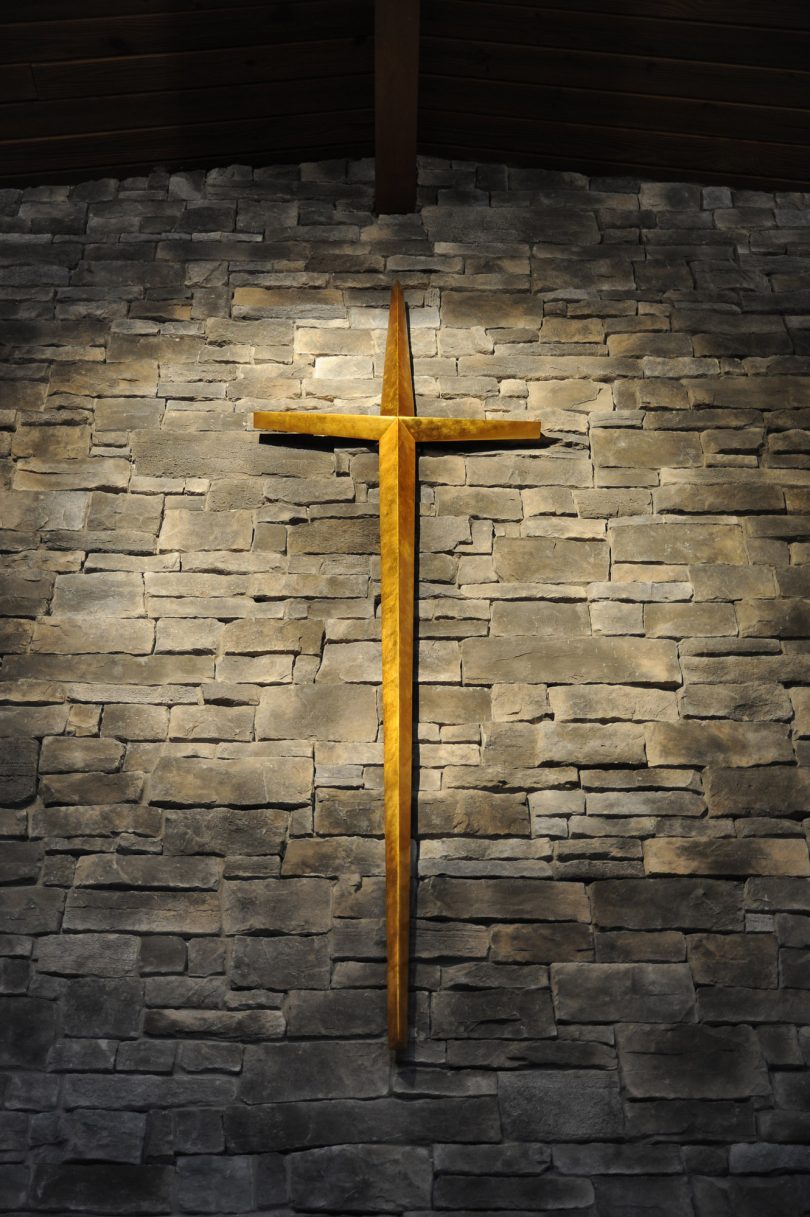Trinity Sunday
Where Is Our Darkness?
The Gospel of John wants people to know who Jesus truly is, beginning with its first sentence—“the Word was with God, and the Word was God”—followed with repeated calls to “come and see.” Nicodemus, a Pharisee and likely one of the Sanhedrin leaders in the Jewish community, gets it, at least part of it. He recognizes that Jesus must have come from God. He wants to know more.
This “seeing” is reflected as light throughout John’s Gospel, so it is notable that Nicodemus seeks out Jesus at night. We know his action brought risks within his community.In Nicodemus we might well recognize our own hesitancies to claim our faith in certain arenas of our own society.
Indeed, once Jesus finishes with Nicodemus, he turns to us, as the “you” moves from singular to plural in the text, and Jesus says to us: “I tell you, we speak of what we know . . . yet you do not receive our testimony” (John 3:11). What darkness blocks our faith? Where might we be “secret” Christians, standing up for our beliefs only in the safe spaces of our world?
We, too, need to know more, to be “born again” as Jesus describes it. Faith is a never-ending process. Jesus uses this phrase not to exclude, but to invite us to do the difficult work of spiritual birth that confronts our own areas of darkness and opens us to God’s deeper work within us and within our communities. We can’t assume that there is only one path on this journey—we each find our own way to the light. The hope is that, through God’s great love for us, the Spirit helps us, guides us, and emboldens us, not only to receive Christ’s testimony, but also to openly live it and share it with others.
Judy Ganz, interim pastor, Chaska Moravian Church, Chaska, Minnesota

